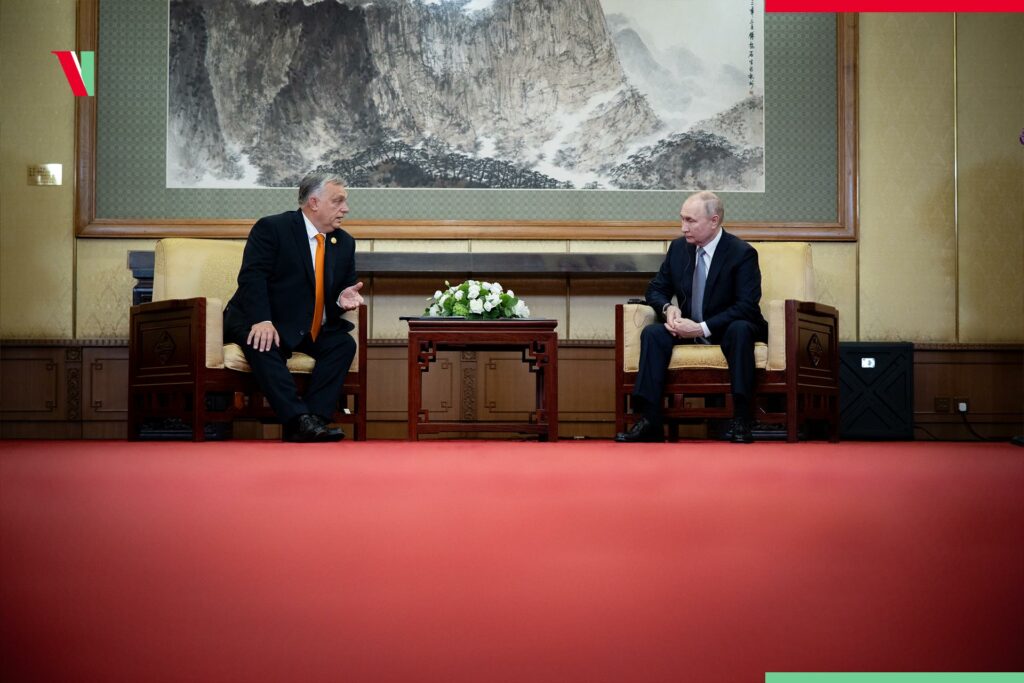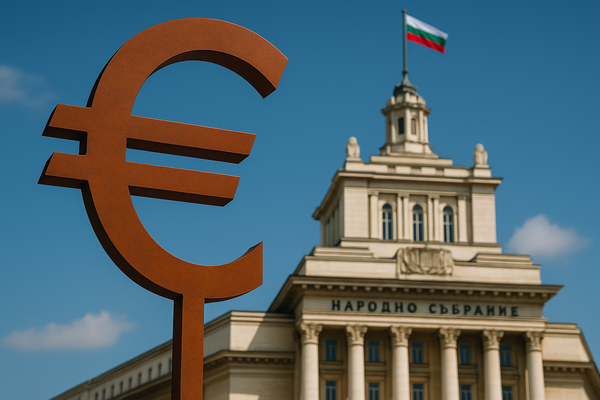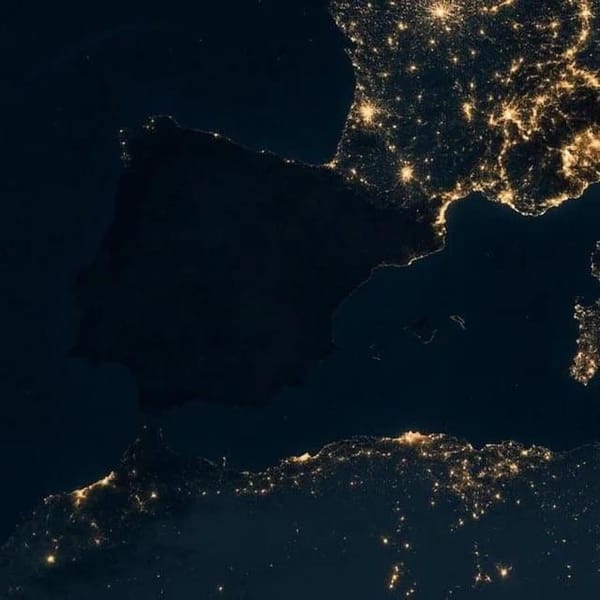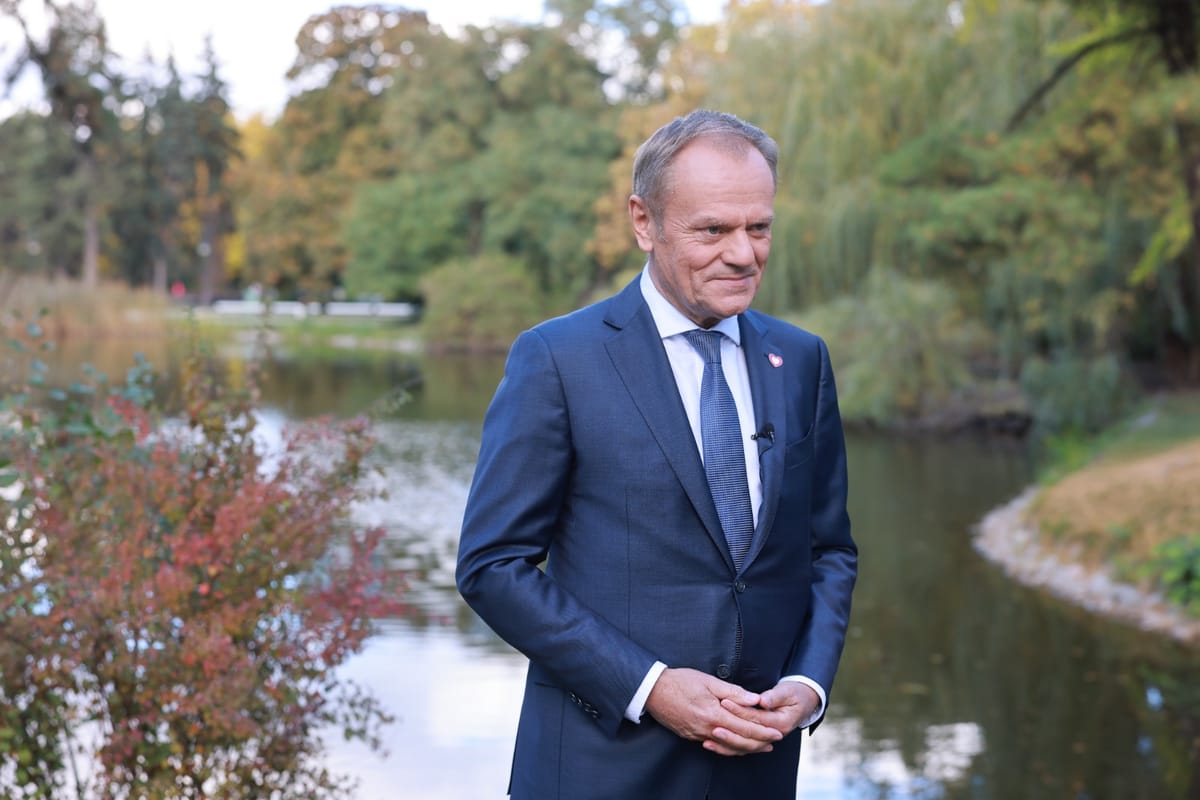
Polish election result shakes up CEE
Although Poland’s ruling Law and Justice (PiS) received the most votes of any single party at the weekend elections, it was the opposition Civic Coalition (KO) who were celebrating on Sunday night.
Youth voters were mobilised and turnout was an unprecedented 74.38%, as three opposition groups won mandates for a majority of 248 MPs in the 460-seat Sejm, Poland’s lower house.
Former Polish prime minister Donald Tusk’s KO, garnered 30.7% of the vote, while the centrist Third Way got 14.4% and the New Left some 8.6%, totalling 53.7%, the National Electoral Commission said Tuesday.
A crushing election night for PiS saw the nationalist party win slightly over 35% of the votes, losing its majority in the Sejm. The rout of potential ally, the far-right libertarian Confederation underlined the downfall of PiS.
The result leaves PiS leader Jaroslaw Kaczynski with no viable coalition route to extending the power that he and Prime Minister Mateusz Morawiecki have at times wielded with impunity in Poland for 8 years.
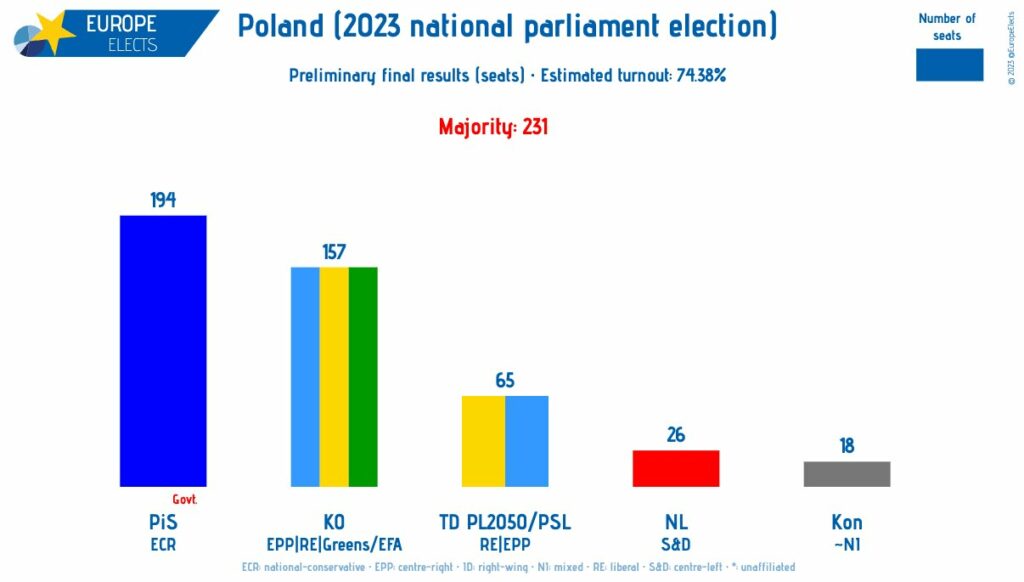
Fall of populist PiS bucks recent trends
Progressive politics have been on the wane in Europe in recent years. In Hungary last year the six-party opposition alliance was trounced, as Hungarian Prime Minister Viktor Orban secured his fourth term in power.
Last autumn, Italian voters ignored the post-fascist roots of Giorgia Meloni’s Brothers of Italy movement. On 30 September Slovakia’s populist ex-PM Robert Fico regained power on a pro-Kremlin ticket.
However, the weekend result from Poland bucks the trend, as Tusk, who served as prime minister of Poland from 2007-14 and as president of the European Council from 2014-19, led the Polish opposition forces to victory.
Any Tusk administration will have to contend with working with PiS ally President Andrzej Duda until 2025. Duda said before the election he would let PiS attempt to form a government if it won the most votes.
On Tuesday Tusk posted online: “Please make energetic and quick decisions! The winning democratic parties are ready to take responsibility for governing the country. People are waiting.”
Tusk will steer Visegrad Four in EU direction
A Tusk-led coalition is expected to be in place by the end of November, which in light of his status as a major statesman in the EU, has broader implications for EU and Central and Eastern Europe (CEE) geopolitics.
Tusk will continue Poland’s support to Ukraine, and seek a solution for the country’s wheat dispute with Poland and CEE. After eight years of regular clashes with the EU, foreign policy changes for Poland will include closer cooperation with the EU and a renewed commitment to addressing climate and sustainability goals.
For Orban, Polish opposition’s victory also means not only the loss of a powerful EU illiberal ally, but also that Hungary will no longer be able to rely on its Visegrad Four (V4) ally for support via veto votes that have allowed the two countries to frustrate punitive moves.
Slovakia is a new wildcard in both the V4 and EU, as ex-PM Robert Fico recently regained power on an election pledge to stop funding Ukraine. The Kremlin-proximate Orban may now look to Fico for a veto partner. However the politicians have clashed with Orban in the past, for example, Fico, in an earlier spell in power, once banned Hungary’s then-president, Laszlo Solyom, from entering the country.
Tusk will have an ally in Petr Fiala, Czechia’s centre-right premier who ousted populist Andrej Babis at the end of 2021, and served a widely praised term as EU president, while attempting economic belt-tightening at home.
Over Hungary’s southern border, Slovenian voters also ousted a populist Orban ally Janez Jansa by voting for green oligarch turned-politician Robert Golob in the national elections last April.
Opposition in ‘constant contact’
The election’s outcome demonstrates that illiberalism can be ended, underlining “implications for other countries”, European Council on Foreign Relations Warsaw office director Piotr Buras told The Guardian.
At home, KO pivoted away from economic liberalism, matching PiS on social spending, welfare benefits, family allowance payments, maintaining the retirement age, and offering pay raises for teachers and other public sector workers.
The Polish election offers lessons to be learned, Buras added, “for Slovakia, for Hungary, for Serbia, for other countries looking to remove an illiberal government by democratic means, even if the level playing field is not there, even if the government has certain advantages and basically misuses power”.
Another lesson politicians could take from Poland is how each of the opposition blocs maintained a separate campaign identity. This allowed the centre-right Third Way grouping to attract disillusioned PiS voters who would not vote for Tusk. Squaring the pegs on the distinct programmes of the three groups, who said they are in “constant contact”, will now be on the agenda in the weeks ahead.
Liberal Poland is back
On Poland’s upcoming role on the European stage, Buras said “liberal Poland is back, (after going) missing for the last eight years, as a constructive power in the EU”, although the government could be too “focused on the domestic challenges” in order to play a big role in Europe.
“An attempt at a serious revival of the Weimar Triangle – Polish-German-French cooperation – is very likely,” Democracy Reporting International research coordinator Jakub Jaraczewski said.
Orban appeared to have other things on his mind, as he met with the presidents of China and Russia on Tuesday. Orban is only the second EU leader to meet with Russian President Vladimir Putin since Russia invaded Ukraine just over 18 months ago.
